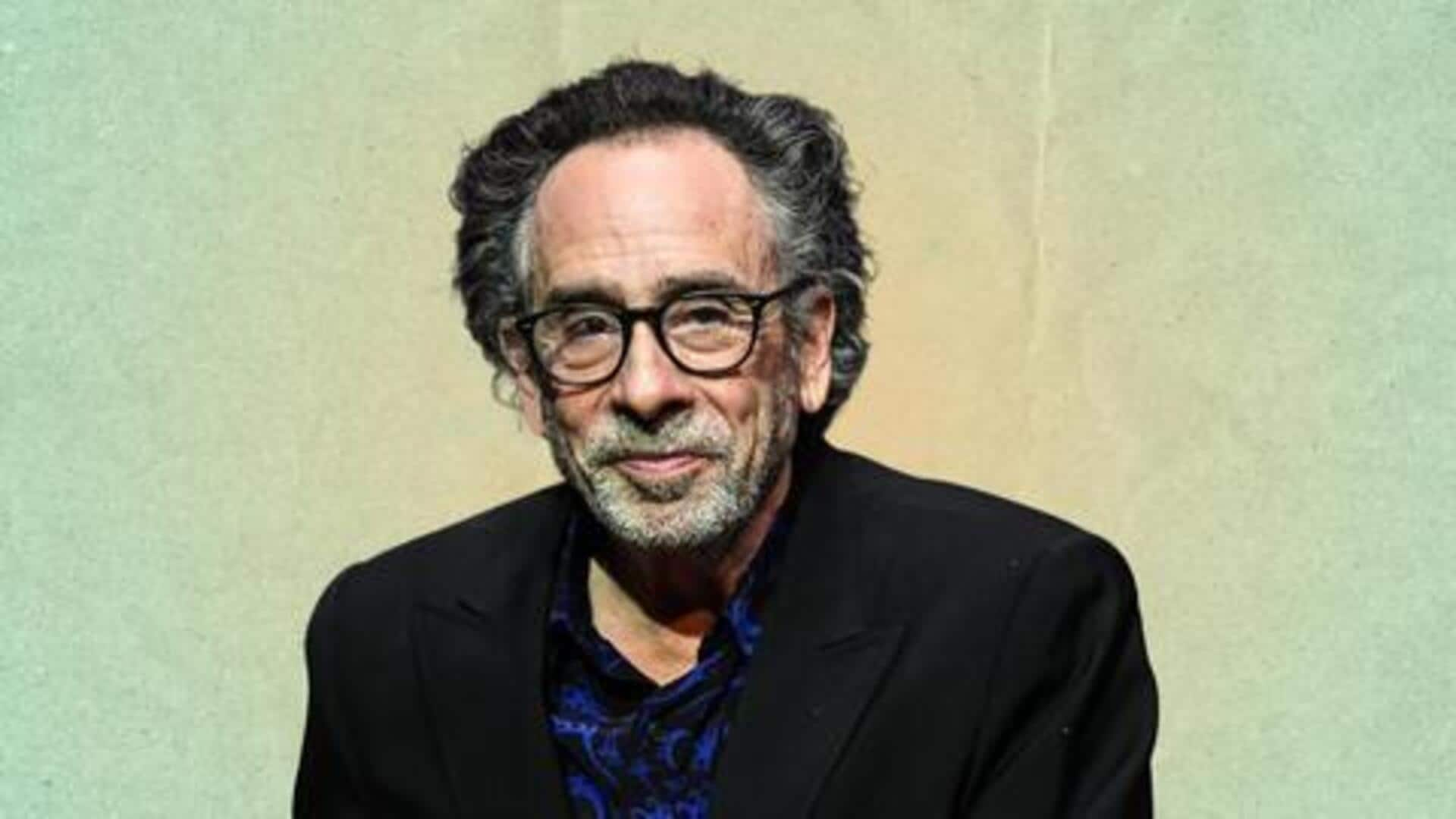
How Tim Burton made gothic cinema cool again
What's the story
Tim Burton has reinvented gothic cinema for the modern audience, carving his niche in Hollywood. Known for his unique visual style and storytelling, Burton combines fantasy, whimsy, and a lighter shade of fantasy to create visually stunning yet emotionally beautiful films. With eccentric characters and themes with a lighter touch, he stands out in the film industry. Here's how Burton's cinema has influenced modern Hollywood.
Visual style
Visual aesthetics in 'Edward Scissorhands'
In Edward Scissorhands, Burton flaunts his signature visual style with contrasting colors and elaborate set designs. The film contrasts the pastel-colored suburbia with the dark, gothic mansion of Edward. This starkness emphasizes Edward's otherness while making for a visually engaging narrative landscape. The film's aesthetic choices have inspired many filmmakers to dig into similar contrasts in their own work.
Eccentric characters
Character development in 'Beetlejuice'
Beetlejuice is yet another example of how Burton reinvents gothic cinema through character development. The film is full of quirky characters whose exaggerated personalities drive the story ahead. Beetlejuice himself is an embodiment of chaos and mischief, providing comic relief and retaining the element of unpredictability. This method of character development has inspired other filmmakers to embrace eccentricity in their storytelling.
Narrative approach
Storytelling techniques in 'Sleepy Hollow'
In Sleepy Hollow, Burton uses storytelling techniques that merge mystery and supernatural elements. The movie traces the story of Ichabod Crane as he investigates a series of murders tied to the legendary Headless Horseman. From stitching together historical fiction with folklore, Burton builds a story that lures audiences in and keeps them on the edge of their seats till the end.
Musical influence
Music collaboration with Danny Elfman
Burton's collaboration with composer Danny Elfman has been integral to the sound of his films. Elfman's scores often contain haunting melodies and whimsical tunes that match Burton's visual style to the T. Their partnership has produced memorable soundtracks for films like The Nightmare Before Christmas and Corpse Bride, influencing how music is used to elevate mood and atmospheres in contemporary cinema.